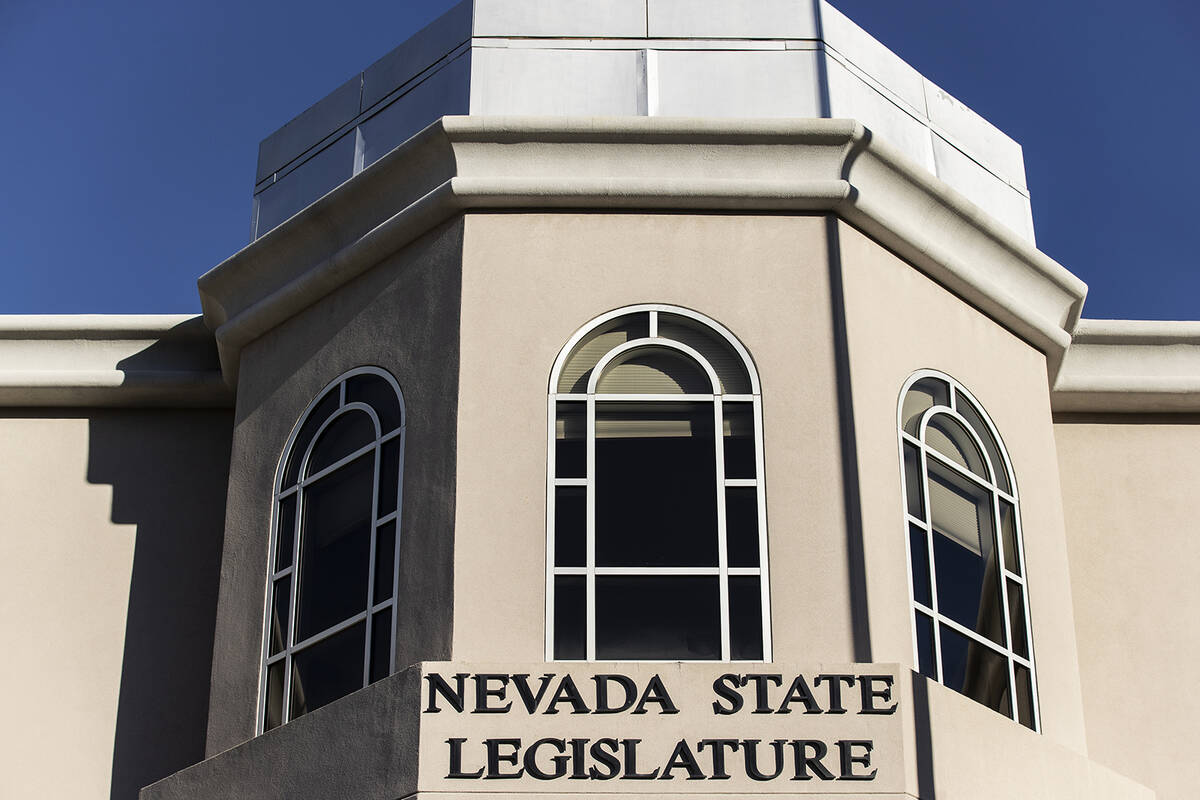EDITORIAL: Nevada can do better on occupational licensing
A new study puts Nevada in the middle of the pack when it comes to the freedom to work. The state should do better.
Earlier this month, the Archbridge Institute released its 2024 state rankings on occupational licensing restrictions. The study looks at the extent to which each state erects hurdles that hinder entrepreneurs and drive up consumer costs.
The five states with the highest occupational licensing barriers, according to the analysis, are Texas, Arkansas, Tennessee, Oregon and Alabama. The five freest states are Kansas, Missouri, Wyoming, Indiana and New York. Nevada ranks as the 25th worst state for licensing.
This is an improvement over the most recent Institute for Justice survey, which tracks a similar metric. That 2022 report listed Nevada as imposing the second-highest occupational licensing restrictions in the nation. The differences can be attributed to methodology and the fact that the Archbridge Institute gave Nevada credit for implementing a limited reciprocity program that allows those licensed in other states to more easily transfer their accreditation to the Silver State.
Either way, Nevada must strive to improve.
Occupational licensing has exploded in recent decades to the detriment of the job market and consumers, with one in five jobs requiring some sort of government permission slip. While defenders of licensing argue it protects public safety, many such regulations amount to thinly veiled protectionism intended to shield existing practitioners from competition. Few people would quibble with licenses for medical doctors or airline pilots. But why should someone hoping to enter the field of interior design or landscaping be subjected to such capricious edicts?
Nevada is, in fact, one of three states that demand interior designers be licensed. The fact that the citizens of 47 other states manage to survive safely without such a requirement highlights the arbitrary nature of many occupational licensing schemes. “The public safety and health rationale for regulating many of those occupations ranges from dubious to ridiculous,” Maureen K. Ohlhausen, former acting FTC chairman, said in 2017. “Consumers can, and do, easily evaluate the quality of interior designers, make-up artists, hair-braiders and others.”
This issue crosses traditional red and blue state lines. Lawmakers of both major parties have an interest in making it as easy as possible for their citizens to earn an honest living in their chosen field.
Last year, Republican Gov. Joe Lombardo ordered the state’s occupational boards to recommend the elimination of licensing requirements in professions that aren’t regulated in a majority of states. He will make recommendations heading into the 2025 legislative session. The Democrats who control both houses of the Legislature should take his proposals seriously.






















